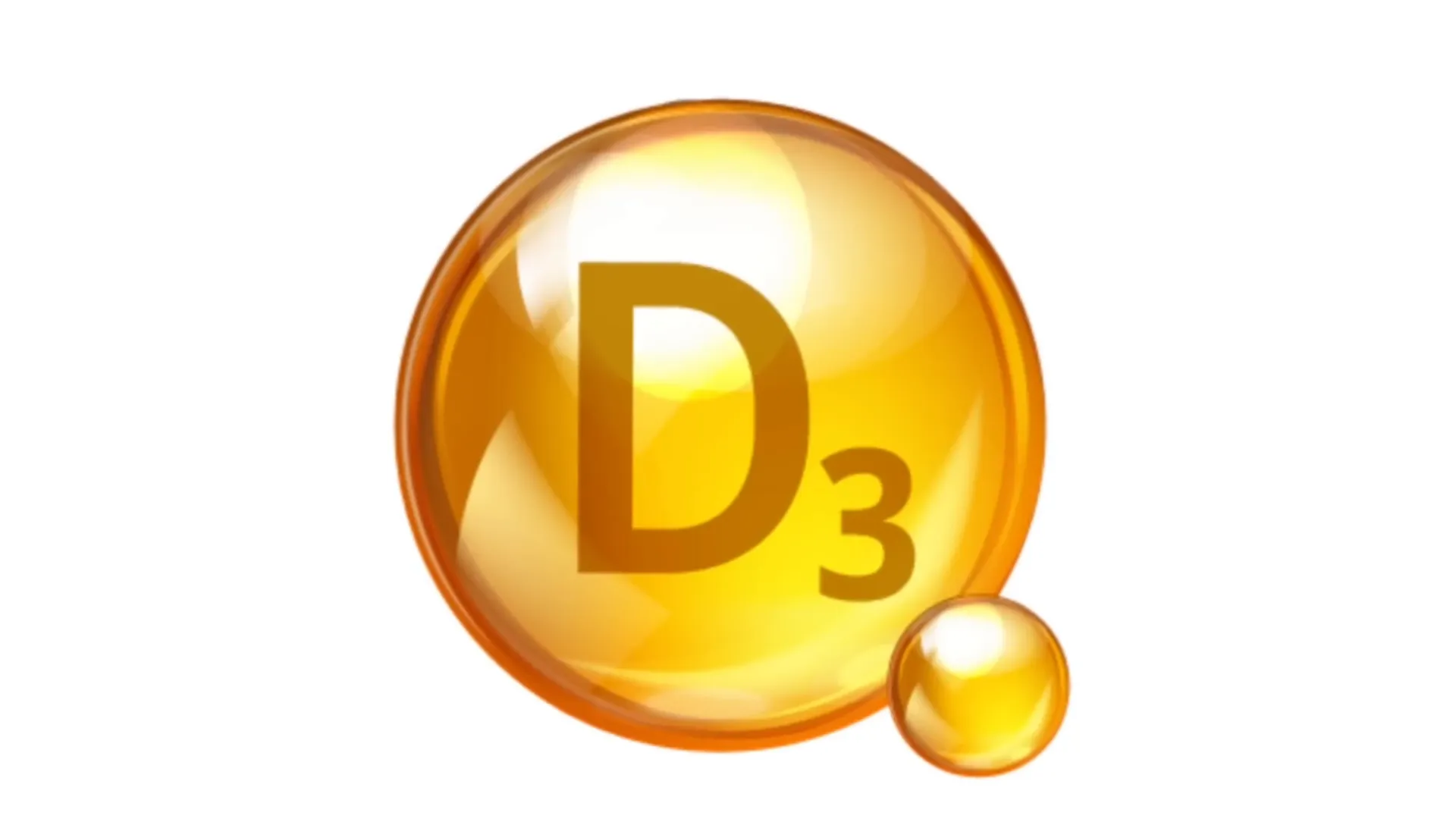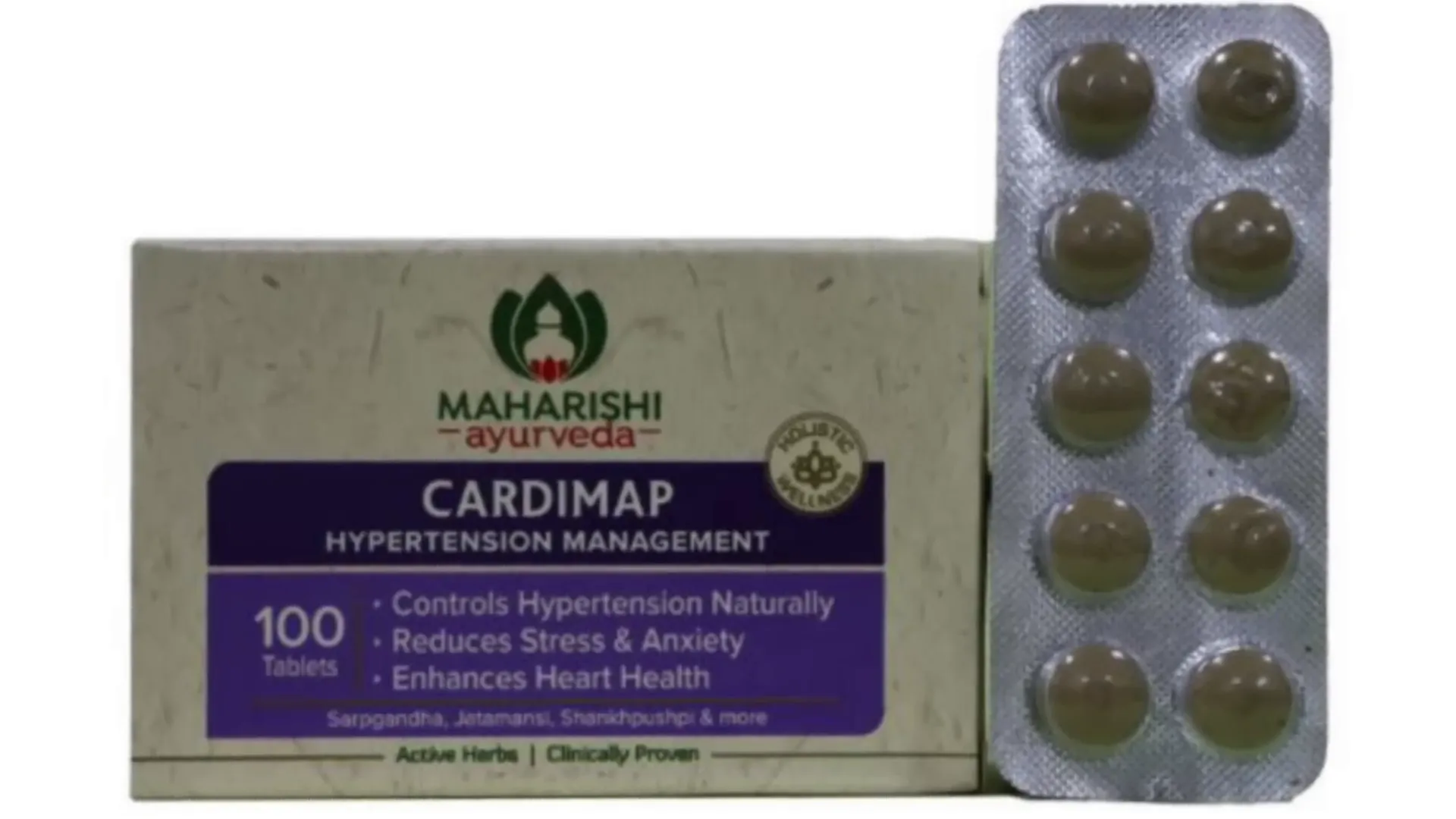
High blood pressure (often called hypertension) is common health issue affecting millions (of people) worldwide. Many individuals seek relief through modern medicine; however, there's growing interest in alternative treatments—particularly herbal remedies. In this blog, we will explore various vitamins, minerals and herbal medicines that (can) play significant role in controlling blood pressure. Although modern medicine offers solutions, some argue that natural options may provide additional benefits. This exploration is both timely and necessary, because understanding these alternatives could enhance overall health.
The Importance of Vitamin D3
When (1) someone consults me regarding high blood pressure, the first thing I do is recommend a Vitamin D3 analysis. This vitamin, often mistaken for just another nutrient, functions more like a hormone; however, it is crucial for maintaining healthy blood pressure levels. Because of this, understanding its role is important. Although many overlook its significance, the implications are clear: monitoring Vitamin D3 can impact overall health significantly.

Research indicates that (1) significant numbers of individuals with hypertension have low levels of Vitamin D3; this vitamin is vital for maintaining elasticity of our arteries. When arteries are elastic, blood flows smoothly (however), it helps to regulate blood pressure. Conversely, stiff or hardened arteries can lead to spikes in blood pressure, making it essential to ensure adequate Vitamin D3 levels (because) maintaining proper levels is crucial for overall health. Although some may overlook this connection, understanding its importance is vital.
Moreover, Vitamin D3 (1) contributes to mood enhancement; a happier person is less likely to experience stress (2), which can also elevate blood pressure. Therefore, incorporating Vitamin D3 into your daily routine can be beneficial not only for your arteries (3) but also for your overall well-being. However, many people overlook this crucial nutrient because they assume sunlight is sufficient. Although sunlight exposure is important, it may not always provide enough Vitamin D3, especially in certain climates. This consideration is vital for maintaining optimal health.
Potassium: A Key Mineral
Another essential (and often overlooked) element in managing blood pressure is potassium. Many individuals suffering from hypertension are frequently found to (be) deficient in this crucial mineral; however, potassium plays a significant role in heart health. It can help lower blood pressure levels, although some may not realize its importance. This deficiency can lead to further complications, but the benefits of adequate potassium intake are well-documented.

So, how can you (1) increase your potassium intake? The answer lies in your diet: consuming a variety of vegetables is one of best ways to boost potassium levels. Foods like leafy greens, bananas and sweet potatoes are excellent sources. However, if you experience gastrointestinal discomfort (such as gas or bloating) from eating more vegetables, consider incorporating apple cider vinegar into your meals. It can help alleviate these symptoms, because this may improve your overall digestion. Although some may find the taste unpleasant, it’s worth trying.
Herbal Remedies: Mukta Vati
Now, let’s delve into (the) herbal solutions. One of the most effective herbs (that) I've encountered in my practice is Mukta Vati (1), which is available through various sources: Divya Pharmacy, for example. This herb has yielded impressive results (in) regulating blood pressure; however, some may question its efficacy. Although it is widely used, (it is essential to consider) individual responses (because) everyone reacts differently. This complexity adds to the intrigue of herbal remedies, but it also necessitates caution.
In my experience (1), I recommend taking two tablets of Mukta Vati twice a day on empty stomach. For some patients, this might be too much; however, in that case, I adjust dosage to one tablet twice daily. For those who have been on conventional medication for extended period, I might start them on two tablets three times daily for month before gradually reducing dosage. It's crucial for patients to monitor their blood pressure daily (2) and record the readings. This practice ensures we can accurately assess effectiveness of treatment.
CardiMap: An Alternative Ayurvedic Medicine
If Mukta Vati doesn't yield desired results, another Ayurvedic option is CardiMap (however, this remedy is quite potent). I advise only using it under the guidance of an Ayurvedic practitioner. Both Mukta Vati (and CardiMap) can lower blood pressure significantly; even in individuals with normal readings, proper consultation is vital. Because of potential complications, one must be cautious.

Consulting an Ayurvedic Doctor
Locating (an Ayurvedic) doctor (is) easier than ever; I highly recommend consulting one for personalized treatment. They can provide guidance on the best approach for your specific situation—ensuring that the remedies align with your health needs. Self-treatment, however, without professional guidance can lead to unintended consequences (especially) with potent herbal remedies. Because of this, it's crucial to seek expert advice when considering alternative therapies.
The Power of Herbal Medicine
In conclusion: the benefits (of herbal medicine) for managing high blood pressure are significant. With consistent use of herbs like Mukta Vati and CardiMap—alongside proper dietary choices—many individuals (can achieve better blood pressure control) without relying solely on conventional medications. However, some may question the effectiveness; this skepticism exists because of the lack of extensive clinical trials. Although herbal remedies can be beneficial, one must consider individual responses to them.
The Importance of Stress Management
Lastly, don't forget (the importance) of mental well-being in managing blood pressure: simple practices, like smiling, can lower stress levels (which in turn can help regulate blood pressure). Staying happy (and healthy) is a holistic approach – it encompasses both physical and mental health. However, one must remember that (this) balance is crucial, because it influences overall wellness. Although challenges may arise, maintaining a positive outlook can significantly impact health outcomes.
Incorporating (1) natural remedies and lifestyle changes can lead (2) to significant improvements in blood pressure management; however, it’s essential to keep track of your progress. Consult (3) with healthcare professionals, because this ensures you’re on the right path. Although staying healthy is important, don’t forget (4) to smile!
